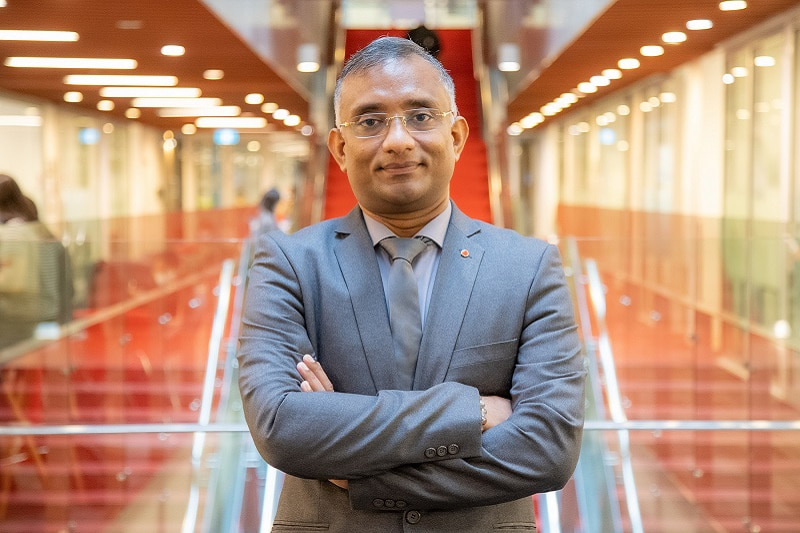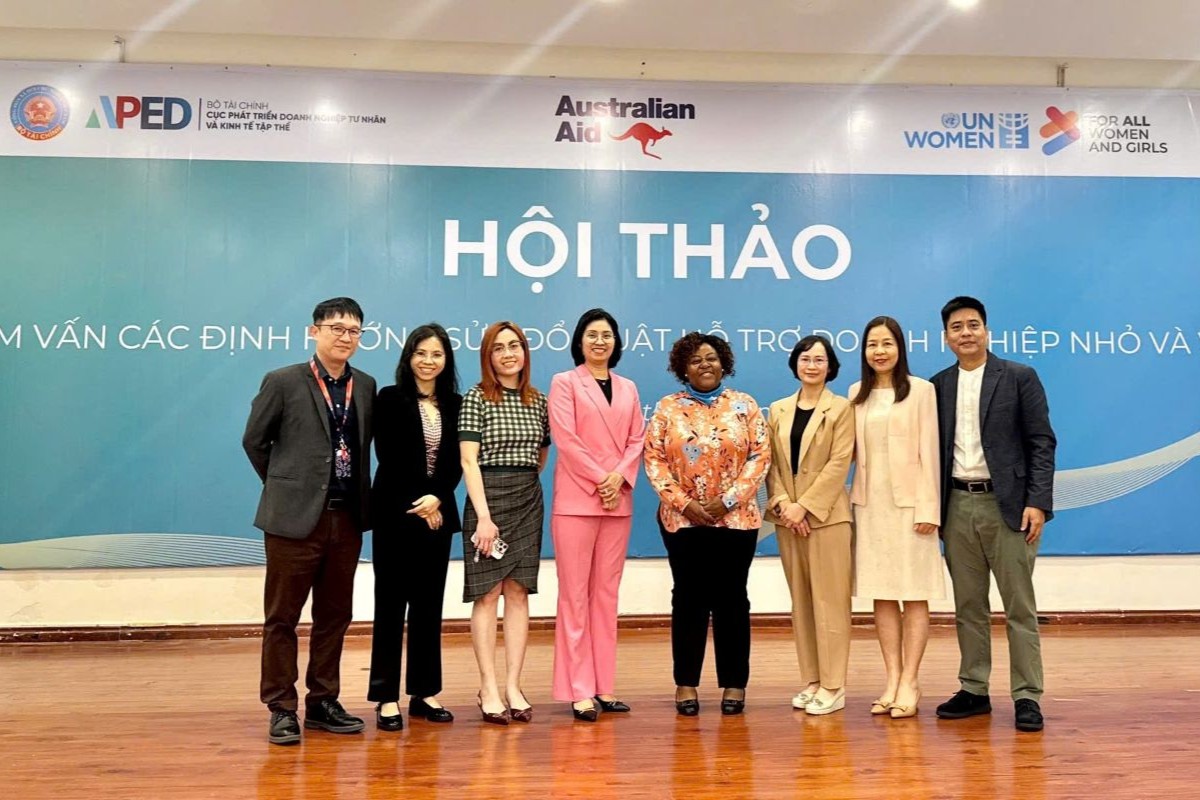Vaccine redistribution
Considering the emergence of new SARS-CoV-2 variants, it won't be much of a surprise if unused nearly-expired vaccines, or those vaccines that are now less effective in some parts of the world due to the mutated variants of the virus, might suddenly become available for redistribution in large quantities.
There are several agencies who undertake this redistribution in an effective way, such as the WHO, the Coalition for Epidemic Preparedness Innovations (CEPI) and Gavi, who are co-leading COVAX. COVAX was created in 2020 to ensure COVID-19 vaccines are made available around the world, with rich countries subsidising costs for poorer nations.
The scheme expects to distribute enough vaccines to protect at least 20% of the population in 92 low- or medium-income countries starting with health care workers and the most vulnerable groups. Its initial goal was to provide 2 billion doses of vaccines worldwide in 2021 and 1.8 billion doses to 92 lower-income countries by early 2022.
UNICEF Executive Director Henrietta Fore has urged wealthier countries to invest generously in COVAX and donate surplus doses, because it was the only way to end the pandemic and get "the global economy back on track."
Individual governments are the decisive factors in making redistribution a reality, and many aspects including each country's foreign policy goals play an important role in deciding the quantity of the vaccines to be distributed to what country. Depending on the vaccines, the availability of storage infrastructure is also a very important factor when it comes to the redistribution of the vaccines from developed countries to developing ones.
In fact, experts have argued that rich countries will receive many direct benefits from the vaccination of people in poorer countries as it facilitates travel and trade, and reduces the chances of new COVID-19 variances emerging and threatening public health among the largely vaccinated rich world.
In summary, it is crucial for countries, especially the higher-income countries, to do more to support their lower-income counterparts, so that the whole world gets vaccinated as early as possible. That way, life can hopefully get to a new normal where businesses can once again boom, economies grow, living standards rise, and peace and harmony can exist among nations.
Story: Dr Majo George, Lecturer, School of Business & Management, RMIT University





